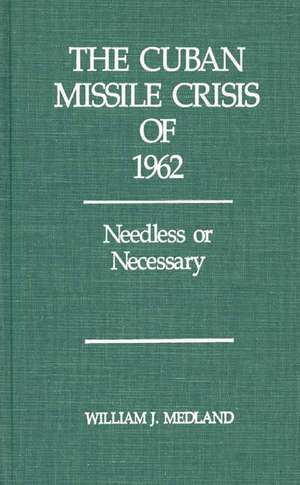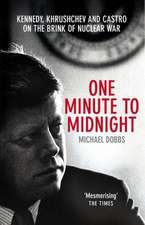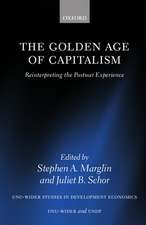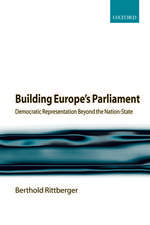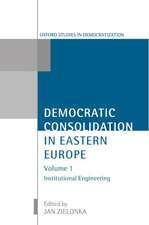The Cuban Missile Crisis of 1962: Needless or Necessary
Autor William J. Medlanden Limba Engleză Hardback – 30 apr 1988
Medland's book is very timely. . . Naval War College This caveat notwithstanding, William Medland proves it can be done. Indeed, his The Cuban Missile Crisis of 1962 is so good that he makes the task look easy. . . . William Medland's The Cuban Missile Crisis of 1962 is outstanding and necessary to a good understanding of the missile crisis. The Daily Mississippian
A wealth of books exist on the Cuban missile crisis and its aftermath but none examines the different historiographical views of what the crisis meant. Medland surveys various interpretations of the confrontation, approaching the crisis from national, disciplinary, and decision-making perspectives. Although the Soviets' reasons for placing missiles in Cuba in 1962 may never be completely known, Medland explores several possible motives, taking into account views of participants, observers, and right- and left-wing groups. The author also discusses the consequences of the confrontation. As he demonstrates, the end of the crisis brought mixed--and surprising--results.
Preț: 435.55 lei
Preț vechi: 602.94 lei
-28% Nou
83.34€ • 87.33$ • 68.90£
Carte tipărită la comandă
Livrare economică 11-25 aprilie
Specificații
ISBN-10: 0275928446
Pagini: 167
Dimensiuni: 153 x 219 x 21 mm
Greutate: 0.4 kg
Editura: Praeger Publishers
Descriere
A wealth of books exist on the Cuban missile crisis and its aftermath but none examines the different historiographical views of what the crisis meant. Medland surveys various interpretations of the confrontation, approaching the crisis from national, disciplinary, and decision-making perspectives. Although the Soviets' reasons for placing missiles in Cuba in 1962 may never be completely known, Medland explores several possible motives, taking into account views of participants, observers, and right- and left-wing groups. The author also discusses the consequences of the confrontation. As he demonstrates, the end of the crisis brought mixed--and surprising--results.
Notă biografică
WILLIAM J. MEDLAND is Professor of American History, and Executive Vice President Provast at Saint Mary's College of Minnesota.
